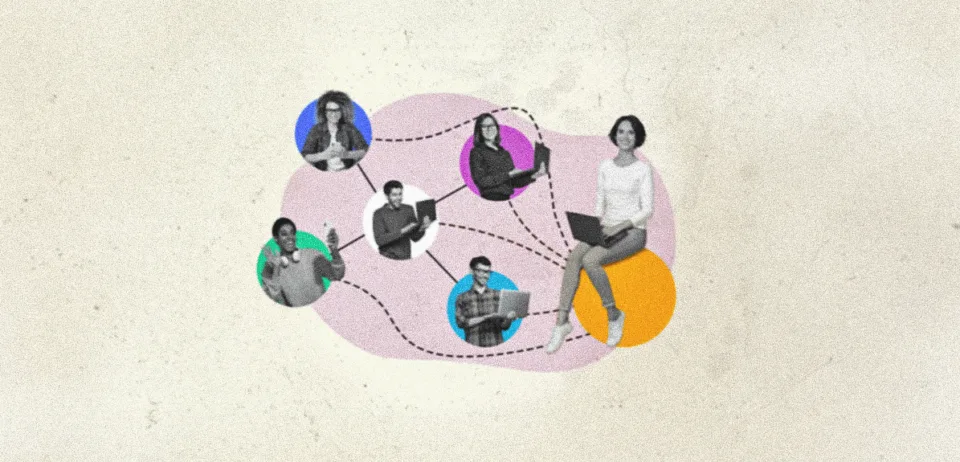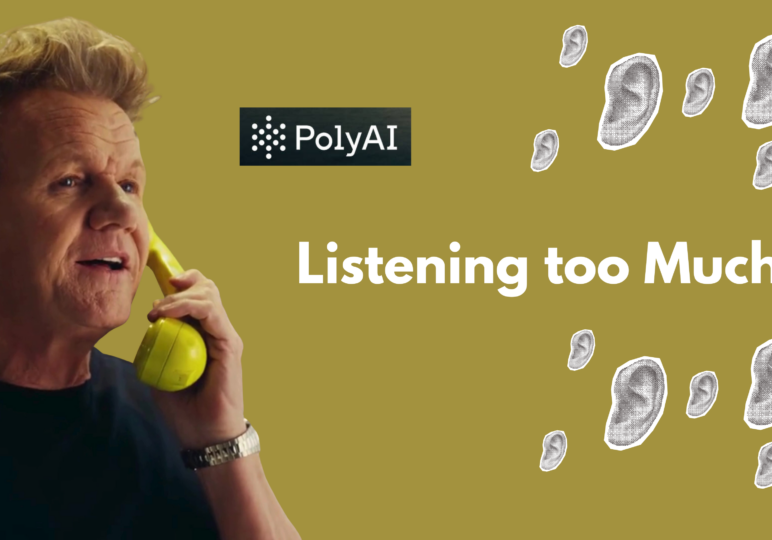
European Accessibility Act: A New Era for Inclusive and Ethical Business
Starting June 2025, the European Accessibility Act (EAA) will become enforceable across the EU, redefining how brands design, market, and serve. The EAA is designed to break barriers for the nearly 87 million people with disabilities across Europe—roughly 1 in 5 Europeans, according to Eurostat.
The EAA marks the start of a new era for brands—where accessibility is no longer a nice-to-have or CSR afterthought, but a design and marketing imperative. Businesses that embrace this shift early won’t just avoid penalties—they’ll gain competitive edge, customer loyalty, and long-term growth. But when businesses respond to this legislation only with compliance in mind, they miss the bigger picture.
Accessibility isn’t just a legal necessity; it’s a marketing evolution more than a societal obligation. Let’s explore the nuances of EAA.
Accessibility as a brand differentiator
In a time when brands are relentlessly trying to connect with audiences on a more human, values-driven level, the EAA becomes a guiding light. A brand that commits to accessibility isn’t just compliant — it’s compassionate, relevant, and future-ready.
Inclusivity is increasingly shaping consumer behavior. In a 2023 survey by Microsoft, 73% of respondents with disabilities said they’d prefer to buy from businesses that demonstrate a commitment to inclusion. And that sentiment doesn’t stay within the disability community. Consumers today are socially aware. They want brands that care — authentically.
So, if you’re a marketer still stuck on vanity metrics, it’s time to rethink your KPIs. Accessibility is the new UX. It’s not about sacrificing cool design or edgy campaigns — it’s about reimagining them to serve everyone.
The €1 trillion opportunity: Accessibility pays
Let’s talk numbers. According to the European Disability Forum, the accessible market is estimated to be worth over €1 trillion in the EU alone.
That includes the direct spending power of people with disabilities and their families, as well as the older population, many of whom face accessibility needs, too. According to Return on Disability Group, the disability market controls over $8 trillion in disposable income globally. That’s not a niche—it’s a massive, underserved audience.
And yet, only 3% of the internet is fully accessible today, according to WebAIM. That’s not just a missed opportunity; it’s a digital wall between you and millions of potential customers.
Businesses that act now—before the fines, before the public shame, before the scramble—will not just win compliance. They’ll also win hearts, loyalty, and market share.
Subscribe to our bi-weekly newsletter
Get the latest trends, insights, and strategies delivered straight to your inbox.
Reimagining marketing in an accessible world
Many accessibility efforts are still cosmetic—subtitles on a video here, alt text on an image there. However, real accessibility in marketing means full-scale inclusion at the concept level, not just during post-production.
Can someone with a visual impairment access your campaign microsite without relying on someone else? Can someone with hearing loss catch every nuance of your video ad? Can someone with cognitive challenges navigate your checkout flow without stress?
These are no longer ethical hypotheticals. Under the EAA, they’re must-haves. And here’s the kicker: everyone benefits when you design for inclusion. More precise navigation helps mobile users. Transcripts help non-native speakers. Simplified language improves comprehension across the board.
Inclusive marketing also sparks more innovative creativity. Your storytelling evolves when you remove assumptions about who your “average customer” is.
Your campaigns become richer, more human, and more resonant. You don’t just speak to an audience — you reflect it.
From ethics to ROI: Why inclusive brands win
This is where it gets philosophical, but still very practical. We’re entering a time when brands are asked to stand for something real. Accessibility isn’t charity. It’s not “doing a favor.” It’s an ethical business, and ethical business is winning.
According to a 2023 Nielsen study, 66% of global consumers are willing to pay more for products and services from companies committed to positive social impact. Accessibility sits squarely in that impact zone. In fact, more and more investors are weighing ESG (Environmental, Social, Governance) factors when making decisions.
Accessibility is fast becoming a checkbox under the “S”—social responsibility. This means that whether you’re a startup looking for funding or a legacy brand protecting your stock value, inclusivity could be your next strategic asset.
Global momentum: The EU follows the ADA’s lead
Across the pond, the Americans with Disabilities Act (ADA) has been shaping accessibility law since 1990.
Over the past decade, lawsuits against businesses over inaccessible websites have surged, from just 57 in 2015 to over 4,000 in 2023, according to Accessibility.com. That’s what happens when consumers are empowered. Europe is heading in the same direction—just with a more unified, continent-wide approach.
The EAA is a proactive move, not a reactive one. But businesses that drag their feet will find themselves reacting to complaints, fines, and public backlash.
European Accessibility Act could redefine “good business”
The EAA could redefine the entire idea of good business. Inclusion has been an afterthought for too long, a “diversity tab” buried in a corporate website or a once-a-year campaign during Disability Awareness Month.
Now? It’s becoming central.
We’re heading toward a business landscape where accessibility is woven into product roadmaps, marketing playbooks, hiring processes, and customer experiences from day one. And that’s not just better for people with disabilities — it’s better for business.
When brands start treating accessibility not as a legal requirement but as a branding opportunity, we’ll see a rise in truly universal experiences. We’ll see marketing that speaks with, not just to, diverse communities. And we’ll see companies that succeed not just by selling but also by serving.
Cut to the chase
The European Accessibility Act isn’t just a rulebook—it’s a roadmap to more ethical, scalable, and inclusive business. For marketers, designers, and business leaders, this is the moment to lead.
Start now, and you’ll do more than comply—you’ll compete better and connect deeper.


